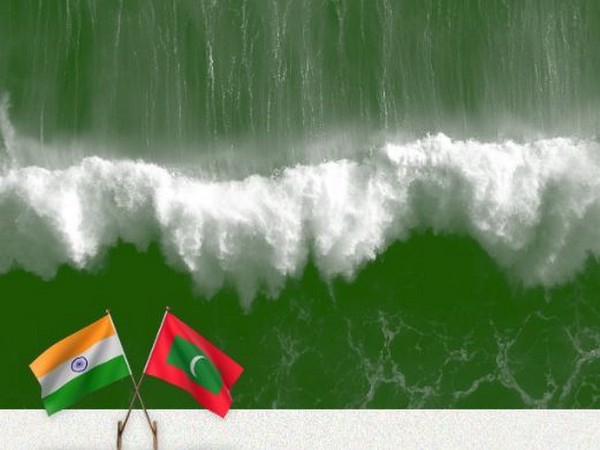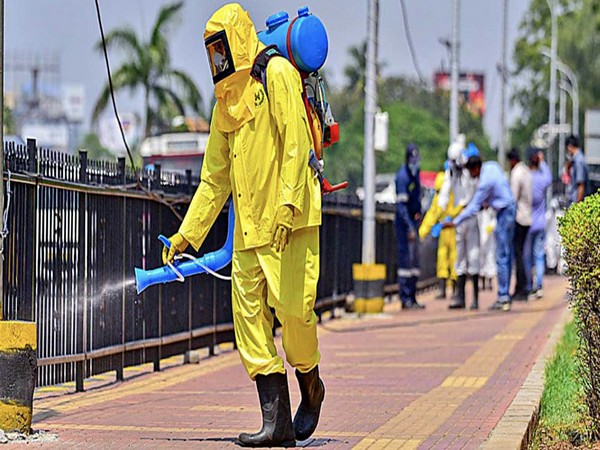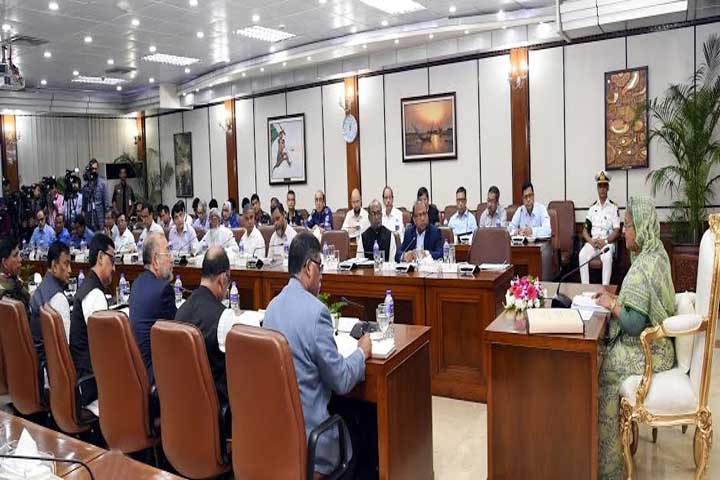WB approves $500m credit to help Bangladesh improve disaster preparedness
The World Bank has approved a $500 million credit to help Bangladesh improve disaster preparedness against inland flooding in 14 flood-prone districts benefiting over 1.25 million people.
The Resilient Infrastructure for Adaptation and Vulnerability Reduction (RIVER) project will help Bangladesh reduce vulnerability to riverine and flash floods by constructing over 500 multipurpose flood shelters, access roads, and climate-resilient community infrastructure.
In normal times, the flood shelters will operate as primary schools and they will be equipped with solar energy systems, water, sanitation, and hygiene facilities, that cater to the needs of women and vulnerable populations.
The project will also help strengthen the capacity of communities and government agencies to prepare and respond to floods and undertake behavioral change interventions, said a press release.
“The heart-wrenching flood situation in Sylhet region is a stark reminder of the increasing risks of climate change to development - more frequent, unpredictable and intense natural disasters,” said Mercy Tembon, World Bank Country Director for Bangladesh and Bhutan.
“Building on our five-decade long partnership of improving disaster risk management in the coastal region, this project will help Bangladesh improve disaster preparedness in the non-coastal flood-prone areas. It will also support the country’s transition from a disaster response to a disaster risk management approach,” she added.
The release said Bangladesh, a low-lying Delta, is highly vulnerable to the effects of climate change-related natural disasters, including floods and cyclones. With climate change, the magnitude and intensity of floods are increasing.
Every year, floods and riverbank erosion affect about one million people but in some years, the numbers can be substantially higher. The project will help save lives and properties in the highly flood-prone districts in the Teesta-Brahmaputra-Jamuna, Padma, and Surma-Meghna river basins, which are: Nilpamari, Lalmonirhat, Kurigram, Rangpur, Gaibandha, Bogura, Pabna, Sirajganj, Rajbari, Faridpur, Gopalganj, Madaripur, and Sunamganj, Habiganj.
“Inadequate evacuation facilities for people and their livestock in highly flood-prone areas not only leads to the loss of lives and livelihoods, but it also hampers the ability to provide adequate relief,” said Ignacio Urrutia, World Bank Team Leader for the project.
“This project will contribute to developing evacuation facilities that provide WASH, apply gender-sensitive design, and provide sufficient space for community members and livestock, while at the same time benefiting the community in regular times,”added Urrutia.
The project will also develop a database on the availability and condition of flood shelters, which will be critical for disaster preparedness and future investment planning.
The project will support the Bangladesh Delta Plan 2100, a long-term plan to achieve a safe, climate-resilient, and prosperous delta, as well as the World Bank Group’s Climate Change Action Plan 2021-2025.
The credit is from the World Bank’s International Development Association (IDA), which provides concessional financing, and has a 30-year term, including a five-year grace period.
The World Bank was among the first development partners to support Bangladesh and has committed $37 billion in grants, interest-free, and concessional credits to the country since its Independence. Currently, Bangladesh has the largest ongoing IDA program in the world.
Source: BSS
AH
16 Jul 2022,16:48
















 Live Tv
Live Tv









